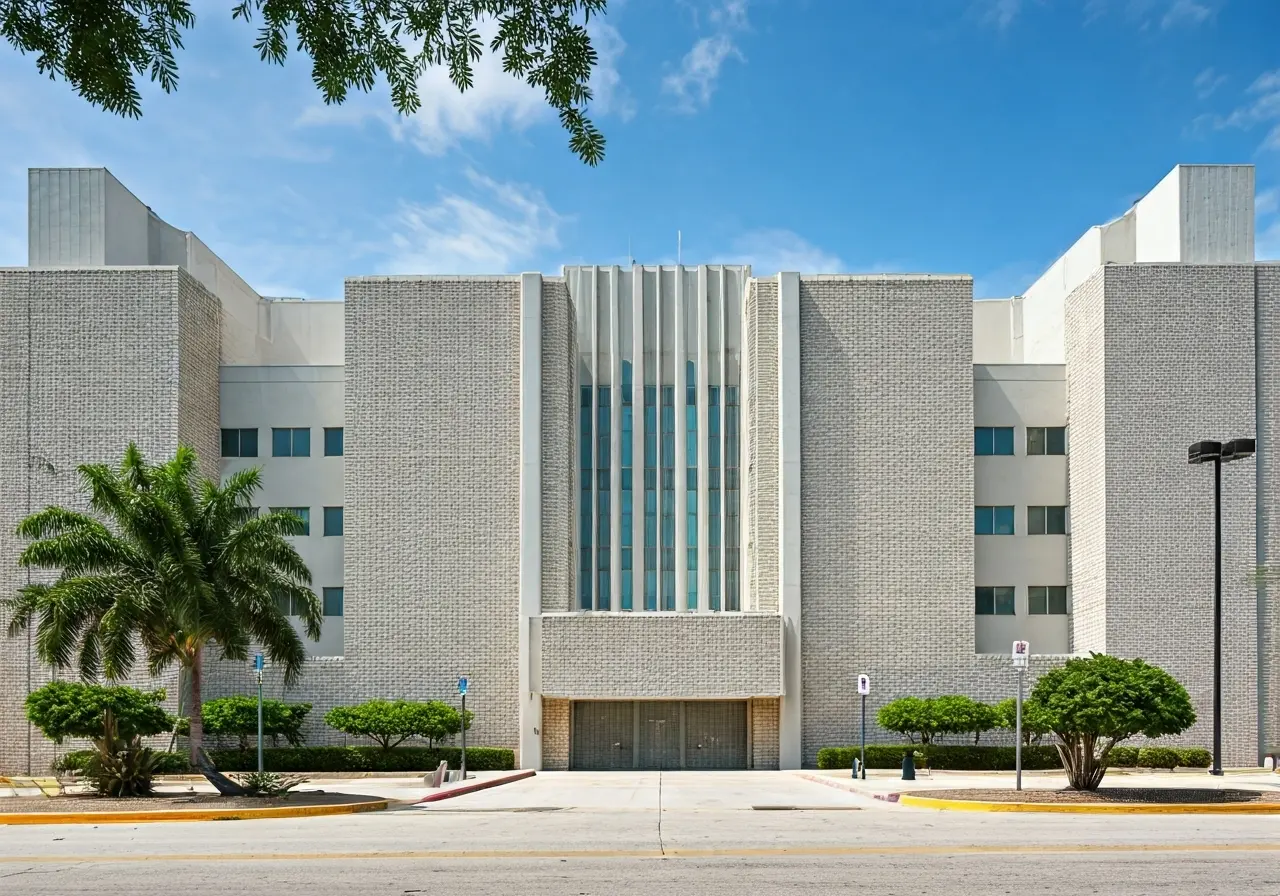What Happens If I'm Taken to the Miami Federal Detention Center?
Being taken to the Miami Federal Detention Center can be a daunting experience. This FAQ will help guide you through the process, what to expect, and your rights while in custody.
Initial Processing and Intake
Upon arrival, you'll go through initial processing where your personal information and fingerprints will be recorded. Expect a search of your personal items.
This stage can feel overwhelming, but it's essential to remain calm. You'll be assigned an identification number and given a brief overview of the center's rules. Understanding these initial steps can help ease some anxiety you might have.
During intake, you'll also be checked for potential health issues and may undergo a basic medical evaluation. This is to ensure that any urgent health needs are addressed as soon as possible.
Understanding Your Rights
Even within a detention center, you have certain rights, including the right to speak to a lawyer and to humane treatment.
The American Civil Liberties Union (ACLU) provides resources that can help you understand your rights more comprehensively. It's crucial to know these rights to protect yourself and make informed decisions while detained.
If you feel that your rights have been violated at any time, it's important to report this to your lawyer or a trusted authority within the center. Documentation of any incidents can be valuable for legal proceedings.
The Daily Schedule and Rules
Life in the center has a daily schedule including meals and recreation times, along with specific rules that must be followed to maintain order.
Adhering to the schedule and rules is important because it helps keep the environment safe and orderly. Non-compliance can lead to disciplinary actions, which might impact your privileges or length of stay.
The Federal Bureau of Prisons outlines the standard operations for federal detention centers, giving you insight into what a typical day might look like.
Visitation and Communication
Learn how visitation works, and the ways you can communicate with family, friends, and legal representatives while being detained.
Visits are typically scheduled, and it’s important for family and friends to follow the center's guidelines for visitation. Keeping open lines of communication can be a lifeline during your time in detention.
Phone calls are another common way to stay in touch. Although they may be short and monitored, maintaining contact with the outside world is crucial for emotional support and legal proceedings.
Options for Legal Representation
Having a lawyer can significantly impact your case. Discover the options available for obtaining legal representation while in detainment.
It’s advisable to secure legal representation as soon as possible. You can request contact information for public defenders if you cannot afford a private attorney.
Navigating the legal system is complex, and a lawyer can guide you through proceedings, ensuring your rights are upheld at every step. Understanding your case's direction and possible outcomes can significantly ease anxiety.
Wrapping Up Your Visit to the Miami Federal Detention Center
Understanding the process and your rights can make the experience of being taken to the Miami Federal Detention Center less intimidating. Ensure you seek legal advice to help you navigate your situation effectively. For more information or assistance, visit the Blandon Bail Bonds homepage.

